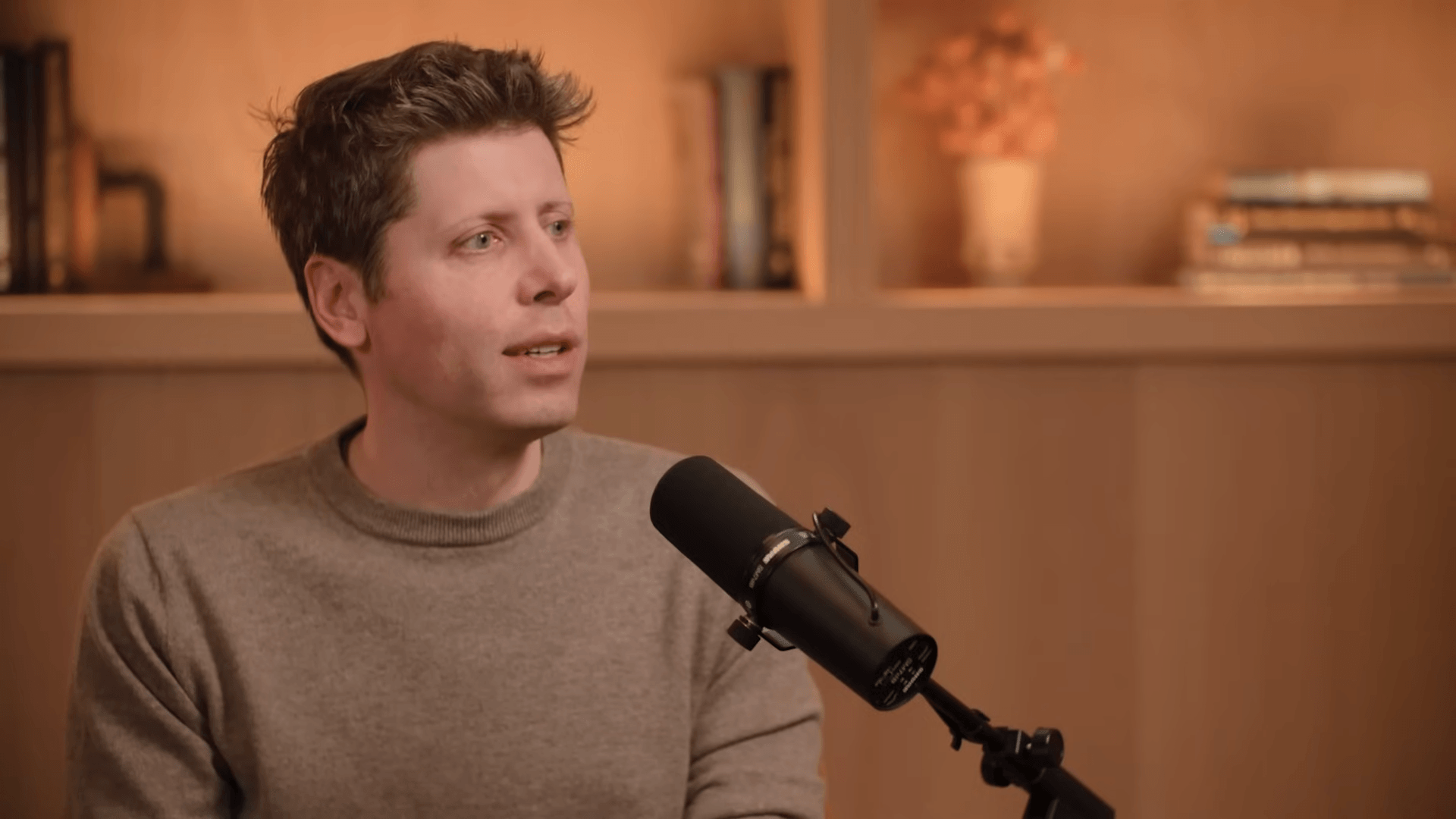OpenAI CEO Sam Altman says GPT-5 is "probably coming sometime this summer"

OpenAI CEO Sam Altman is still keeping details about GPT-5 under wraps, offering only a vague timeline for what is the company's most significant release to date—a benchmark that could show whether the industry thrives or collapses.
In a podcast interview with former OpenAI employee Andrew Mayne, OpenAI CEO Sam Altman talks about the future of ChatGPT, the current state of development at AGI - and the imminent launch of GPT-5.
When Mayne asked about the timeframe for GPT-5, Altman responded, "Probably sometime this summer," but added, "I don't know exactly when."
Even with the intense buildup around GPT-5, Altman was noticeably noncommittal. Instead, he brought up the internal discussion about whether to "turn up the big number on new models" or continue with incremental updates, as seen with GPT-4o.
He also reflected on how versioning used to be more straightforward: "It used to be much clearer. We would train a model and put it out, and then we would train a new big model and put it out." Now, as model complexity grows and continual post-training becomes possible, naming conventions are less obvious.
The exchange between Mayne and Altman made clear just how unclear the boundaries are for future model versions. Mayne asked, "Would I know GPT-5 versus, wow, this is a really good GPT-4.5?" Altman responded, "Not necessarily. I mean, it, like, it could go either way. Right? You could just, like, keep doing iterations of 4.5 or at some point you could call it five."
What exactly GPT-5 will be - whether it's a brand-new model, a kind of router, or some combination - also remains unclear. OpenAI has sent mixed signals lately, seemingly trying to manage the immense hype surrounding the launch.
AGI, superintelligence, and ads in ChatGPT
According to Altman, the definition of "Artificial General Intelligence" (AGI) keeps shifting every year. "In many senses, if you asked me or anybody else to propose a definition of AGI five years ago... the definition many people would have given then is now, like, well surpassed," he said.
At the same time, the models are already so capable that "more and more people will think we've gotten to an AGI system every year." Still, Altman disagrees with those who believe AGI has already been reached, even with the new o3 model.
OpenAI recently published a statement clarifying that the development of AGI isn't a single "eureka" moment, but rather an ongoing process. The company wrote that AGI will not arrive all at once, a shift from how it was previously understood.
Meanwhile, Microsoft and OpenAI have reportedly defined AGI in strictly financial terms in their own contracts, with profit as the main metric. Microsoft CEO Satya Nadella, for his part, has called the AGI debate "nonsensical benchmark hacking."
Altman said he would consider a system to be "superintelligent" if it could independently make new scientific discoveries or significantly enhance human research. He noted that no AI system has reached this milestone yet, but described the current pace of progress as "super impressive."
As for advertising, Altman said there are currently no plans to introduce ads in ChatGPT. He is skeptical of monetizing the platform with ads, especially if they would influence the model's output. "I think that'd be like a trust destroying moment," he said. Still, OpenAI wants to start generating revenue from free users next year, according to a leaked business plan.
AI News Without the Hype – Curated by Humans
As a THE DECODER subscriber, you get ad-free reading, our weekly AI newsletter, the exclusive "AI Radar" Frontier Report 6× per year, access to comments, and our complete archive.
Subscribe nowAI news without the hype
Curated by humans.
- Over 20 percent launch discount.
- Read without distractions – no Google ads.
- Access to comments and community discussions.
- Weekly AI newsletter.
- 6 times a year: “AI Radar” – deep dives on key AI topics.
- Up to 25 % off on KI Pro online events.
- Access to our full ten-year archive.
- Get the latest AI news from The Decoder.